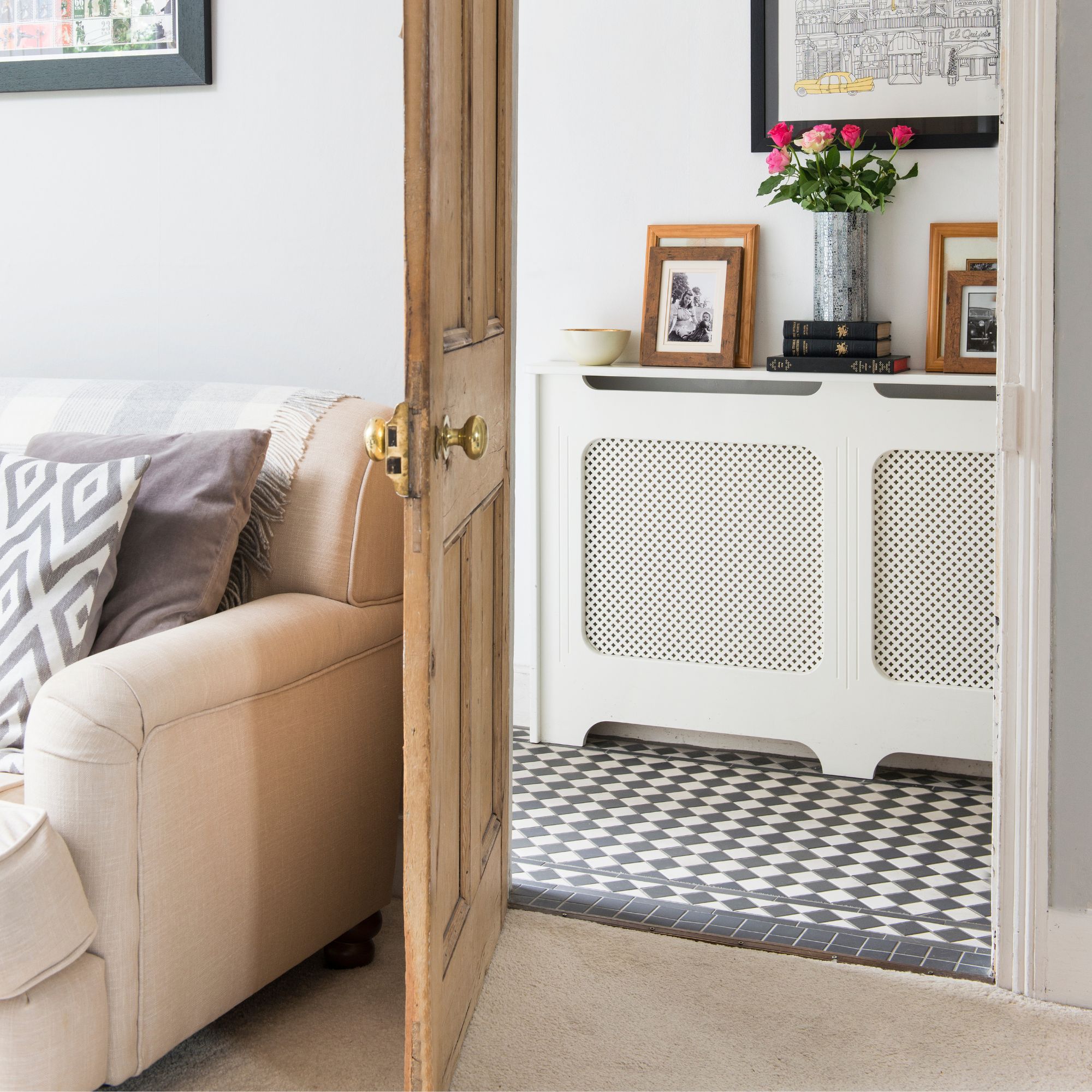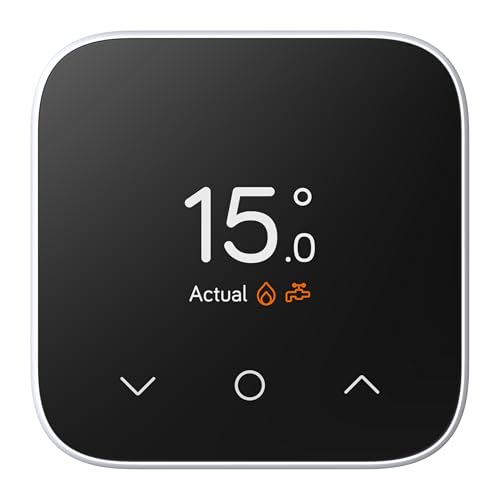There’s an undeniable chill in the air as we edge ever closer to the winter months. And now it is time to start thinking about switching on our heating systems, everyone’s favourite money-saving expert, Martin Lewis, has shared his best advice for heating homes efficiently – and spoiler alert, you shouldn’t set your thermostat to low all day.
If you’ve been wondering: ‘is it cheaper to leave your heating on all day?’ Martin Lewis is keen to urge consumers that this is not the case, and you’re in fact better off setting a timer for your heat.
This October, energy bills will go up once again, and with households across the UK feeling financial strain, it’s never been so important to find ways to save energy at home. This is why Martin Lewis says it’s better value for money to set your heating to a timer, rather than leaving it on low all day.
Why Martin Lewis wants you to use a timer
Speaking on This Morning, financial expert Martin revealed: ‘They say it’s better to only put the heating on when you need it. You pay to pump energy in as and when is needed, and to keep pumping it in constantly isn’t efficient.’
‘Using a timer’s best, because your thermostat is designed to turn your heating on and off to keep your home at the temperature you set it to. So in general I’d stick with that.’

(Image credit: Future/James French)
It’s a common misconception that keeping your heating system on low all day is a cheaper way to heat your home; however, in actuality, this is a really inefficient way of heating, as homes lose heat throughout the day, especially if the home is poorly insulated.
‘Leaving your heating on all day will require your boiler to constantly consume energy, increasing the cost of bills. Typically, many homes have poor insulation due to draughts, especially if they are old, so the majority of the heat will likely escape anyway, resulting in your boiler having to work even harder.
‘A timed boiler and thermostat prevent unnecessary energy consumption by automatically turning your heating on and off to maintain a comfortable temperature in your home. This improved energy efficiency can save significant money on bills over time,’ explains Jamie Heath, plumbing and heating expert from Build & Plumb.
‘Using a thermostat and timed boiler means that your heating can be set so it will turn on and off accordingly to regulate the temperature in your home, reducing fuel consumption. For instance, if your temperature is too low, then your boiler will automatically turn on until your home reaches this temperature.’

(Image credit: Future PLC/Colin Poole)
For a typical home with a boiler, using a timer is a cheaper and more efficient way to heat your home. However, you also need to ensure your home is well insulated and take practical measures, such as bleeding your radiators, to ensure everything is working as efficiently as it can be.
As a general rule of thumb, you should switch the heating on when you start to feel cold or temperatures drop below 15 degrees outside. However, if you are elderly or vulnerable, you may need to consider using your heating more to keep your home at a safe and comfortable temperature.

Hive
Hive Thermostat Mini for Heating and Hot Water (conventional Boiler) Without Hive Hub – Energy Saving Thermostat
Investing is smart heating features is a a great way to keep on track of how much energy you’re using and adjust temperatures with ease. With the Hive app, you can keep an eye and adjust your timer from your phone.
No one wants to be slapped with a hefty energy bill this winter, and by following Martin’s advice, you will be saving both money and energy. Will you be trying this method out yourself?

